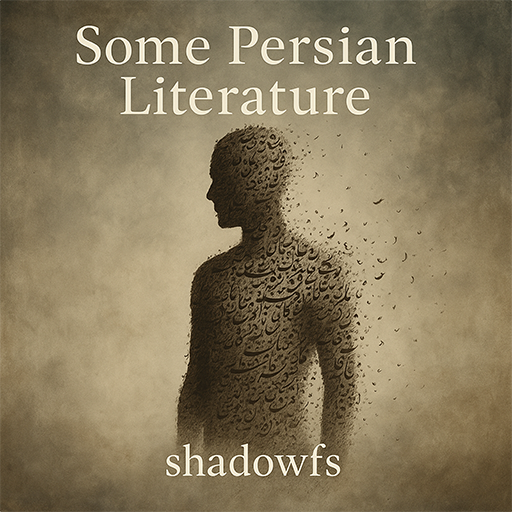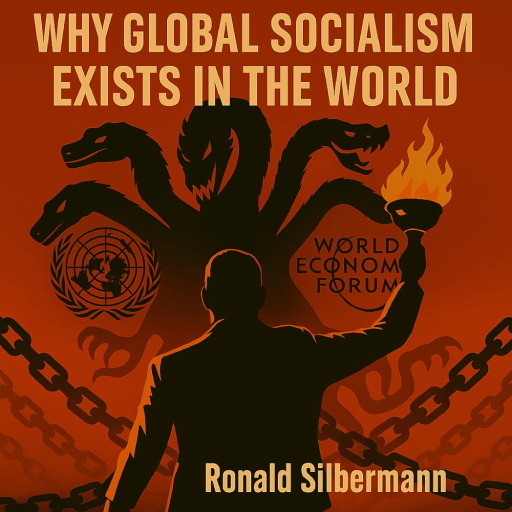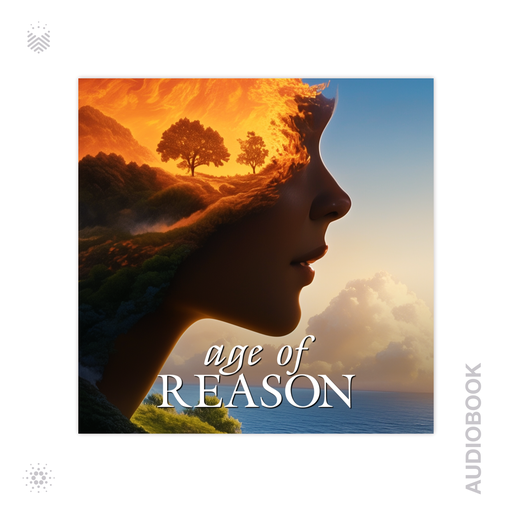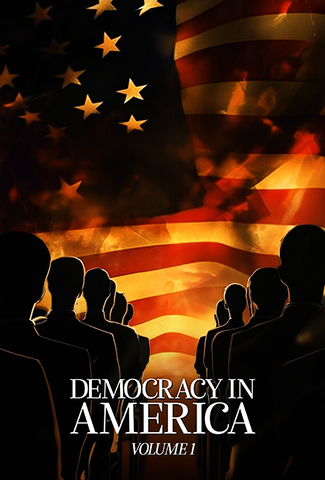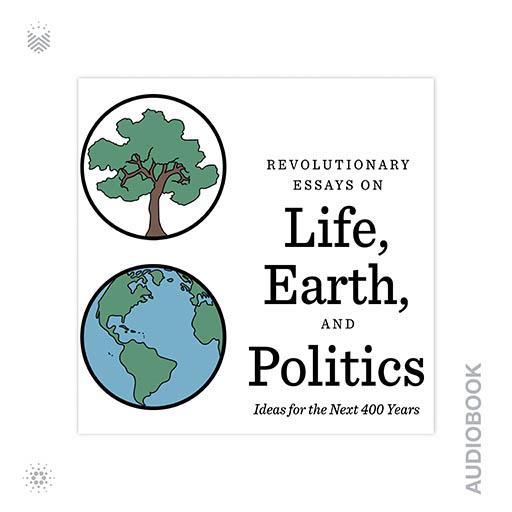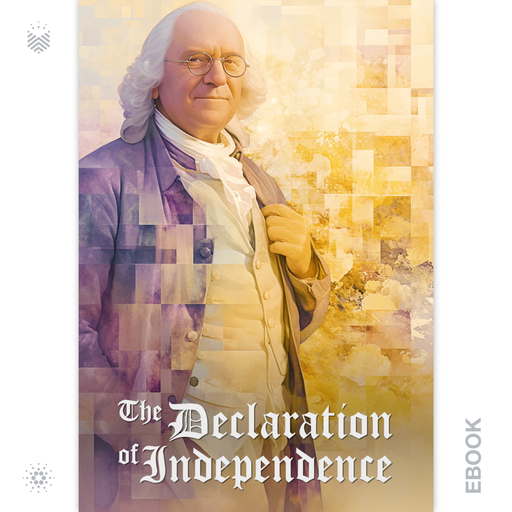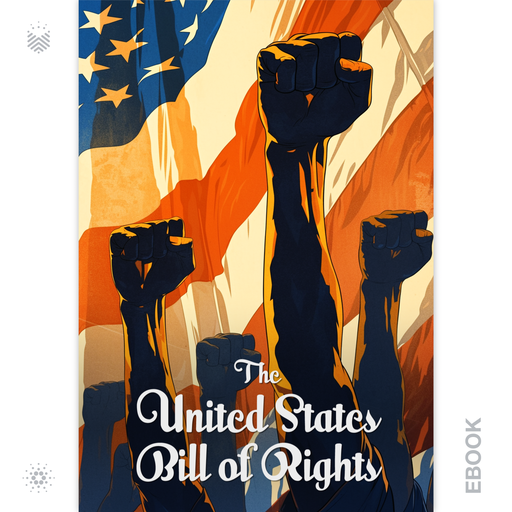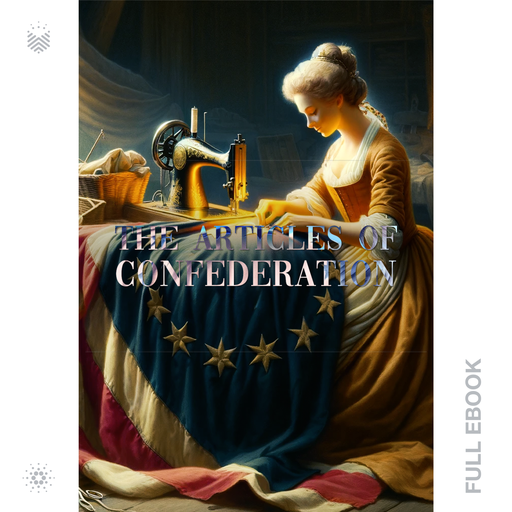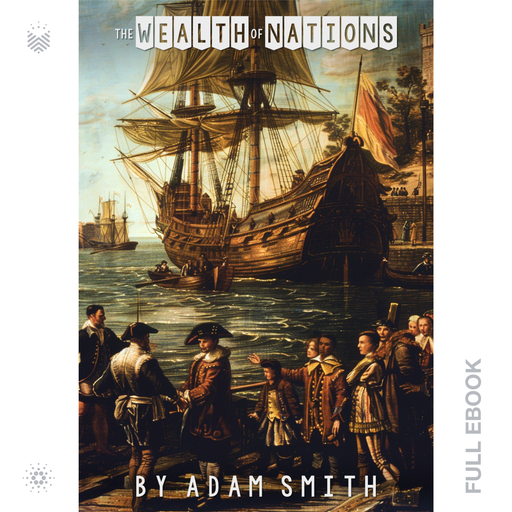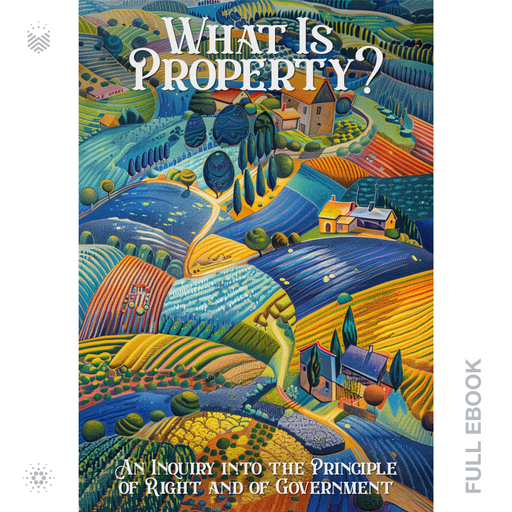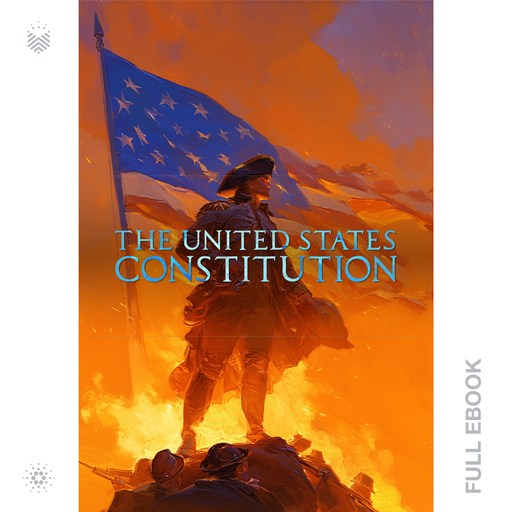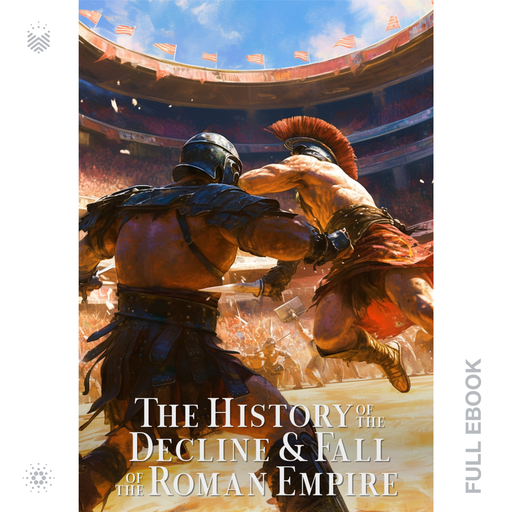by Osgard Vago
Cualquier infraestructura tecnológica, política, regulatoria, legal, social, que tenga el potencial de ser usada como herramienta de tiranía, es decir, tener la capacidad de anular la voluntad y la soberanía de los individuos libres, debe ser evitada cueste lo que cueste.
Read More
by Ronald Silbermann
In an era where speech is filtered, memory manipulated, and dissent buried by code, this book offers a new path forward: decentralized clarity.
A visionary blueprint for restoring truth, authorship, and civic freedom — without asking for permission.
Built for thinkers, builders, and defenders of the digital age.
Read More
by ShadowFS
What lies before you is the result of two decades of inner turmoil and personal experience—an Iranian’s journey from the dawn of youth to the present moment—poured onto the page bilingually with a touch of passion and a modest dose of talent, in the form of poetry and literary prose.
Read More
by Ronald Silbermann
A pragmatic guide for free minds in a manipulated world.
This book dismantles the myth of progress, exposes global socialism’s true machinery, and offers a clear path to reclaim truth, identity, and sovereignty—before it’s too late.
If you still think for yourself, this is your manual.
Read More
by George Orwell
One of the most celebrated classics of the twentieth century, this cautionary tale of a man trapped under the gaze of an authoritarian state is more relevant now than ever before.
First published in 1949, this disturbing novel that George Orwell wrote during a time of great social and political unrest centers on the consequences of totalitarianism, mass surveillance, and repressive regimentation of people and behaviors within society.
This classic of dystopian fiction contributed new words that … Read More
by George Orwell
One of the most celebrated classics of the twentieth century, this cautionary tale of a man trapped under the gaze of an authoritarian state is more relevant now than ever before.
First published in 1949, this disturbing novel that George Orwell wrote during a time of great social and political unrest centers on the consequences of totalitarianism, mass surveillance, and repressive regimentation of people and behaviors within society.
This classic of dystopian fiction contributed new words that … Read More
by Tim Dieppe
The influence of Islam in the UK is growing rapidly and can be seen in politics, in finance, in fashion, in food, in restrictions on freedom of expression, and in many other areas. Islam is bold and assertive and openly pushing for greater influence across the nation. There can be no doubt that this poses a challenge to Christians in the UK. How will we respond? In this book, Tim Dieppe outlines the scope of the challenge and includes various essays that he has written about the nature of Islam … Read More
by Gustave Le Bon
Gustave Le Bon’s The Crowd: A Study of the Popular Mind is a groundbreaking exploration of collective behavior and its psychological underpinnings. This influential work examines how individuals transform within crowds, revealing the dynamics that drive mass movements and societal shifts.
Read More
by Helen Hunt Jackson
Helen Hunt Jackson’s A Century of Dishonor stands as a powerful indictment of the U.S. government’s mistreatment of Native American tribes. With unwavering resolve, Jackson exposes the injustices faced by Indigenous peoples, urging readers to confront the moral consequences of broken treaties and systemic oppression.
Read More
by Thomas Paine
The Age of Reason by Thomas Paine grabs readers with a bold proposition: can faith be reconciled with logic and reason, or must it be confined to blind tradition? Paine, a staunch advocate for deism, launches a thorough critique of organized religion, arguing that belief in God should come from reasoned thought and observation of nature, not from ancient scriptures or church doctrines.
Read More
by Alexis de Tocqueville
With remarkable insight and foresight, Democracy in America — Volume 1 by Alexis de Tocqueville examines the young United States, offering timeless reflections on democracy’s strengths and challenges. Published in 1835, this classic explores American society, political systems, and the values that underpin democracy, capturing Tocqueville’s observations during his travels through the country.
… Read More
by Sherman Lewis
Science, not speculative philosophy, is the only guide, however imperfect, to the nature of existence. Science culture uses and supports science. The social brain experiences free will and needs religious faith. Empathy is a choice based on intuition. We need a better scientific understanding of dogma and chauvinism, and this book explores these issues.
Read More
by Adam Smith
“The Wealth of Nations” by Adam Smith revolutionized economic thought and remains a cornerstone of modern economics. In this seminal work, Smith explores the principles of capitalism, arguing that free markets, competition, and self-interest drive economic prosperity. Smith’s insights into the division of labor, the invisible hand of the market, and the role of government intervention continue to shape economic policy and theory to this day.
… Read More
by Andrew Yang, Stephen Marche
A gripping, intricately plotted political thriller set on the campaign trail of the USA’s next—and because of crucial flaws in the electoral system—its last election; from former presidential candidate Andrew Yang and author Stephen Marche
Read More
by Thomas Jefferson, Benjamin Franklin
The Declaration of Independence, adopted on July 4, 1776, marks a pivotal moment in American history. Thomas Jefferson, tasked with drafting the document, captured the colonies’ collective resolve for freedom from British rule. The Continental Congress debated and revised Jefferson’s draft, ultimately producing a powerful proclamation that articulated the colonies’ desire for independence and their grievances against King George III.
… Read More
The United States Bill of Rights, ratified on December 15, 1791, firmly establishes the fundamental rights and liberties of American citizens. Crafted by James Madison, these first ten amendments to the Constitution respond directly to calls from several states for greater constitutional protection for individual freedoms. The Bill of Rights outlines specific prohibitions on governmental power, ensuring that citizens retain essential rights that the government cannot infringe upon.
… Read More
The Articles of Confederation, ratified in 1781, served as the first constitution of the United States, following the nation’s declaration of independence from British rule. Crafted by the Second Continental Congress, this document aimed to provide a framework for governance among the newly formed states. However, its structure reflected a cautious approach to central authority, as the colonists were wary of repeating the abuses they had experienced under British rule.
… Read More
by Adam Smith
“The Wealth of Nations” by Adam Smith revolutionized economic thought and remains a cornerstone of modern economics. In this seminal work, Smith explores the principles of capitalism, arguing that free markets, competition, and self-interest drive economic prosperity. Smith’s insights into the division of labor, the invisible hand of the market, and the role of government intervention continue to shape economic policy and theory to this day.
… Read More
by Pierre-Joseph Proudhon
“What Is Property?” by Pierre-Joseph Proudhon is a foundational work in political philosophy, challenging conventional notions of ownership and advocating for social equality. Published in 1840, it sparked debates on property rights and economic justice.
Read More
by Alexander Hamilton, James Madison
The Federalist Papers also known as The Federalist, comprising of 85 articles and essays, were written by Alexander Hamilton, James Madison, and John Jay between 1787 and 1788. These essays, published under the pseudonym “Publius,” aimed to promote the ratification of the United States Constitution. Addressing various aspects of government structure and individual rights, the papers serve as a foundational text in American political thought.
… Read More
by We the People
The United States Constitution is the foundational legal document that establishes the framework for the American government and outlines the rights of its citizens. Drafted during the Constitutional Convention in Philadelphia in 1787, it was ratified by the states in 1788 and went into effect in 1789.
Read More
by Edward Gibbon
“The History of the Decline and Fall of the Roman Empire” by Edward Gibbon is a monumental work that traces the history of one of the most significant civilizations in human history. Spanning six volumes, Gibbon’s magisterial narrative offers a comprehensive examination of the rise, zenith, and eventual collapse of the Roman Empire.
Read More
by John Reed
“Ten Days That Shook the World” is a book written by the American journalist and socialist John Reed. It provides an eyewitness account of the October Revolution in Russia, which led to the establishment of the Soviet government.
Read More



